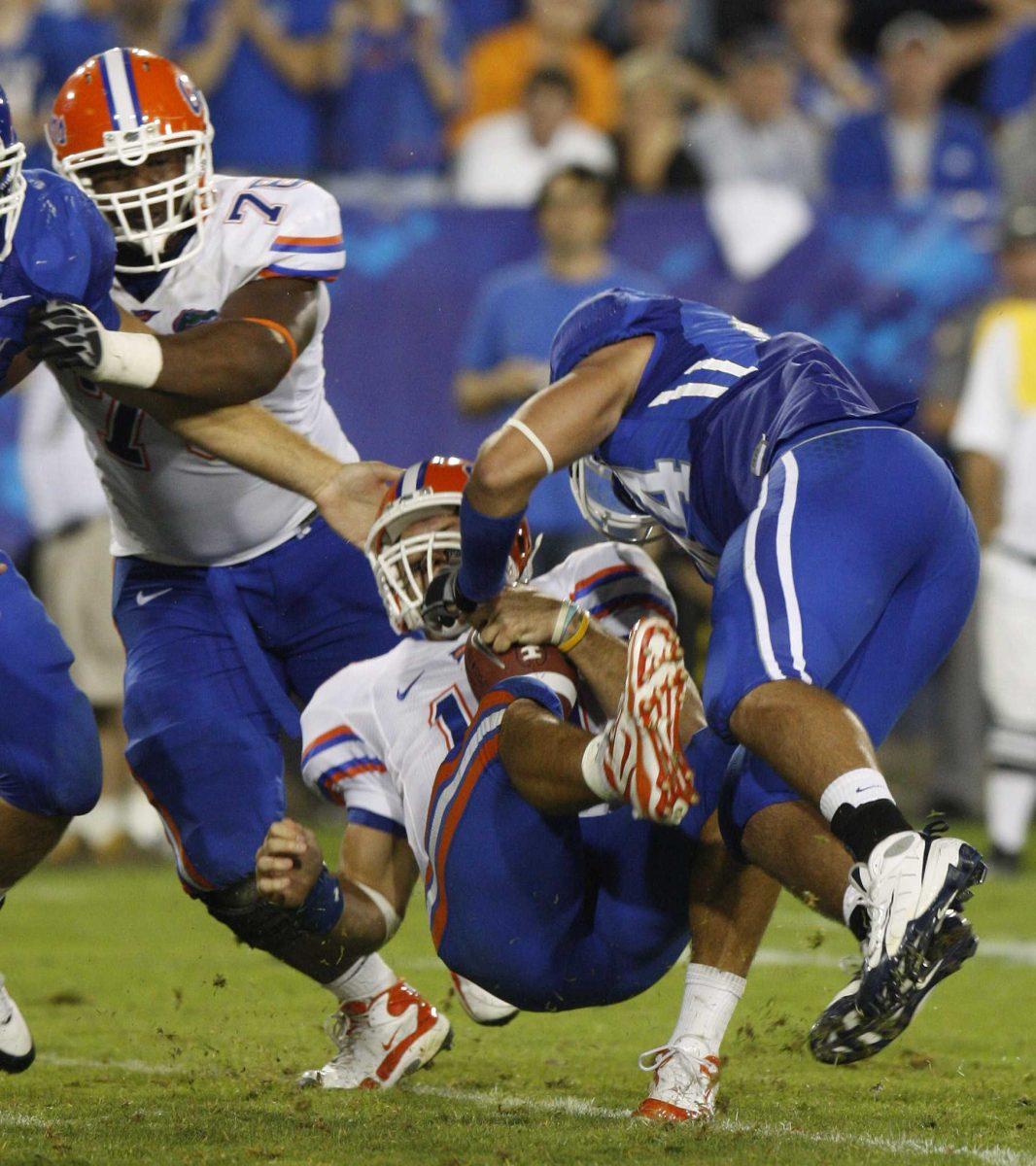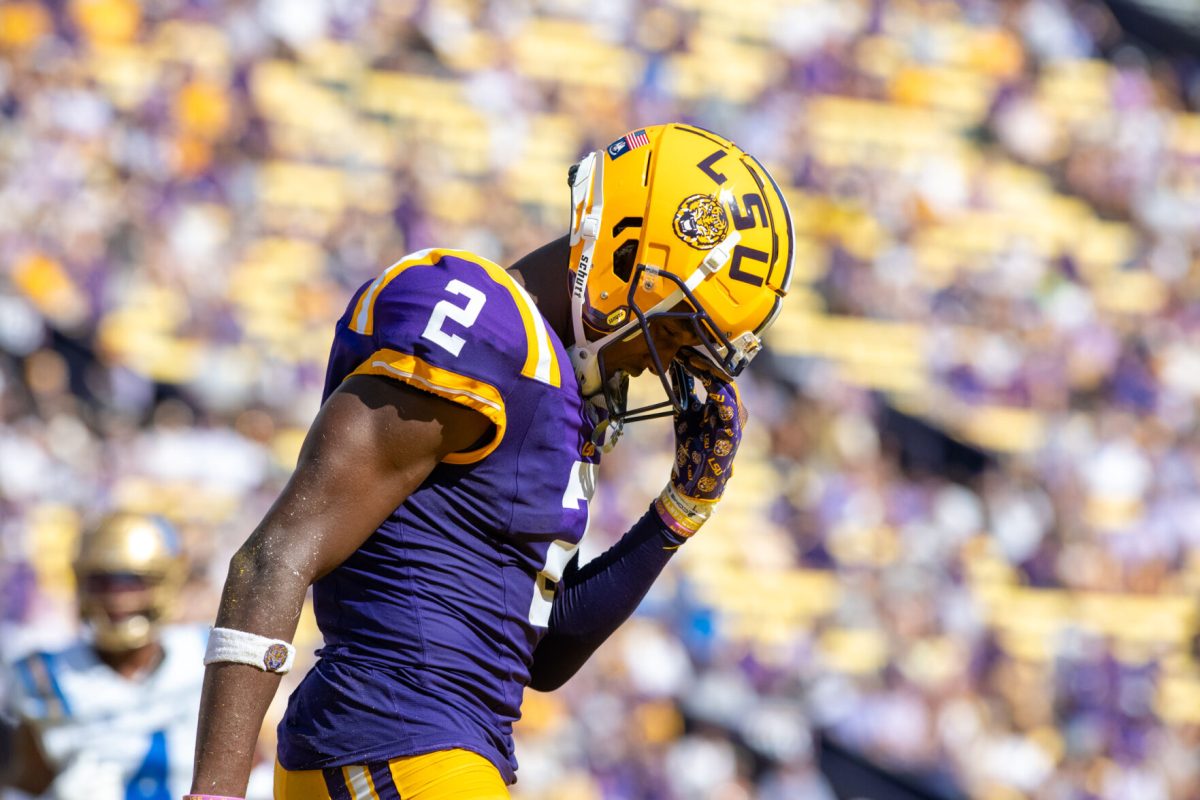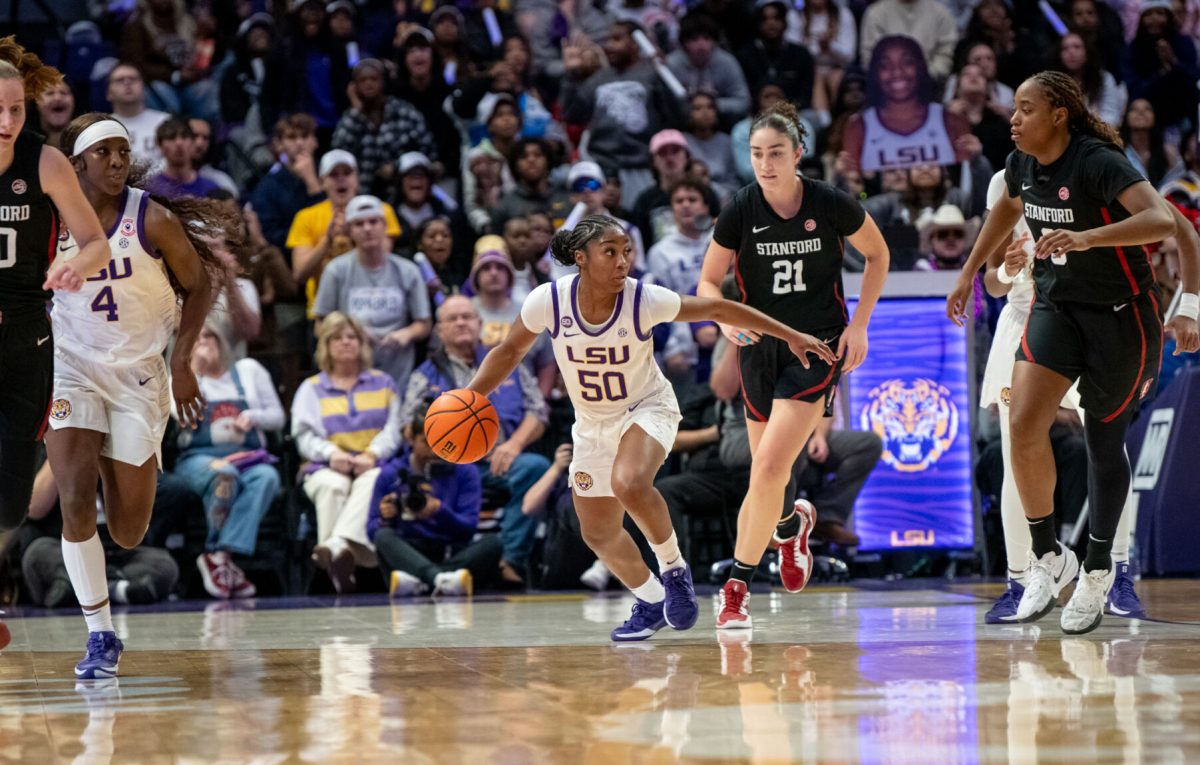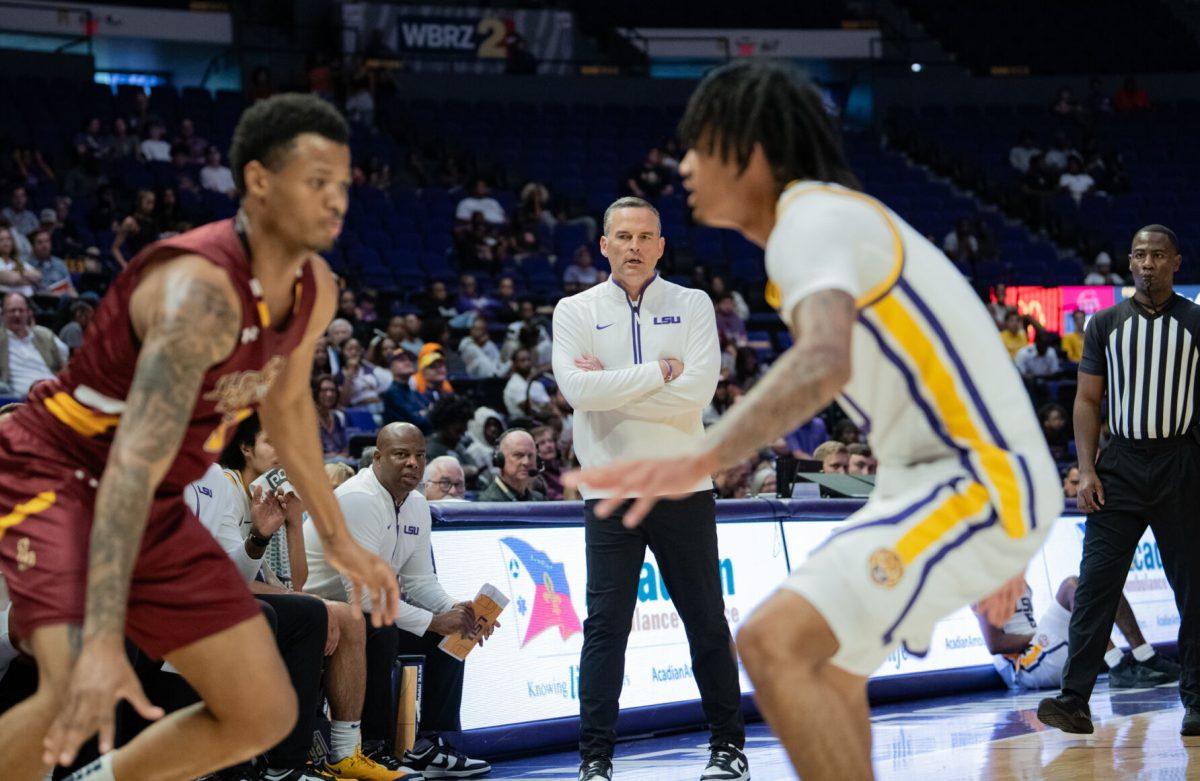NEW YORK (AP) — The days of a football player getting his bell rung, taking a whiff of smelling salts and getting back on the field are gone.Florida quarterback Tim Tebow can attest to that. The Heisman Trophy winner took a hard hit to the head and chest by a Kentucky lineman and had the back of his head driven into the knee of a teammate. The concussion he received put him in the hospital for a night and left his status for No. 1 Florida’s huge game against No. 4 LSU on Saturday in doubt.”The concussion in the past was called a ding, a so-called minor injury,” said Dr. Julian Bailes, the chair of West Virginia University’s department of neurosurgery. “The last five years there has been more research and understanding on how they occur and how we take care of them.”A spate of studies — including one commissioned by the NFL and released last week that found retired professional football players may have a higher rate than normal of Alzheimer’s disease and other memory problems — have gained widespread attention in recent years. There’s even a new law in Washington state setting out conditions for how head injuries are to be dealt with in sports.With this backdrop, football is changing how it deals with blows to the head.How much? In 1994, after sustaining a concussion, former NFL fullback Merril Hoge says he was cleared to play over the phone by a doctor who was not a neurologist.A few weeks later, Hoge suffered another concussion he says almost killed him because he came back from the first too soon. It ended his playing career and to this day he still deals with post-concussion syndrome.The plight of former NFL players such as Hoge is part of what has led to the increased scrutiny today. Major college teams seem to be getting the message.”We hold guys out a lot longer than we used to,” USC coach Pete Carroll said.Tebow has been through a battery of tests and had doctors and athletic trainers monitoring his symptoms since that night at Commonwealth Stadium in Lexington, Ky. He practiced for the first time since the injury on Tuesday.So what exactly does it take to be cleared to play after a concussion?Bailes said the general rule is an athlete needs to be symptom-free for one week. The most common symptoms are headaches, dizziness and nausea. Victims of a concussion can also have trouble concentrating and problems with eyesight. Often the symptoms can be subtle, so it’s up to the doctor to ask pointed questions and for patients to be honest about, and keenly aware of, what’s going on with their bodies, Bailes said.”There’s a greater appreciation of the seriousness of the injury,” he said. “I don’t worry about a player not being honest with me.”To help doctors assess an athlete’s recovery from a concussion, major college football programs frequently use what’s called baseline testing.University of Georgia head athletic trainer Ron Courson said all athletes who would be susceptible to concussions in their sports are given neurological balance and psychological tests that measure memory, reaction and recognition before their seasons start.Athletes who sustain a concussion are tested again and the results of their healthy tests and post-concussion tests are compared.”If I ask you to say the months of the year backwards, you might get all 12 but it might take a minute and a half and normally it would take you 15 seconds,” he said.
Baseline testing takes much of the subjectivity out of the process, Courson said.Bailes, who set up the Center for the Study of Retired Athletes at the University of North Carolina, said the baseline tests “are very important adjuncts. But the No. 1 thing we go by is the symptoms. If any of those symptoms are spotted, then they shouldn’t return to play.”While a concussion victim is showing symptoms, no strenuous activity is allowed. Once the symptoms go away, Courson said, athletes at Georgia are given exertion tests to see if they remain symptom-free with a raised heart rate.The final step toward being cleared is returning to practice without contact, which is what was planned for Tebow on Wednesday.Most of the recent studies about concussions and football have focused on the long-term affects of multiple concussions — such as the possible increased risk of dementia.–Contact The Daily Reveille’s sports staff at [email protected]
Football: Better treatment, attention needed for concussions
October 6, 2009
Florida senior quarterback Tim Tebow is sacked Sept. 26 by Kentucky sophomore defensive end Taylor Wyndham in Lexington, Ky. Tebow received a concussion which hospitalized him.







